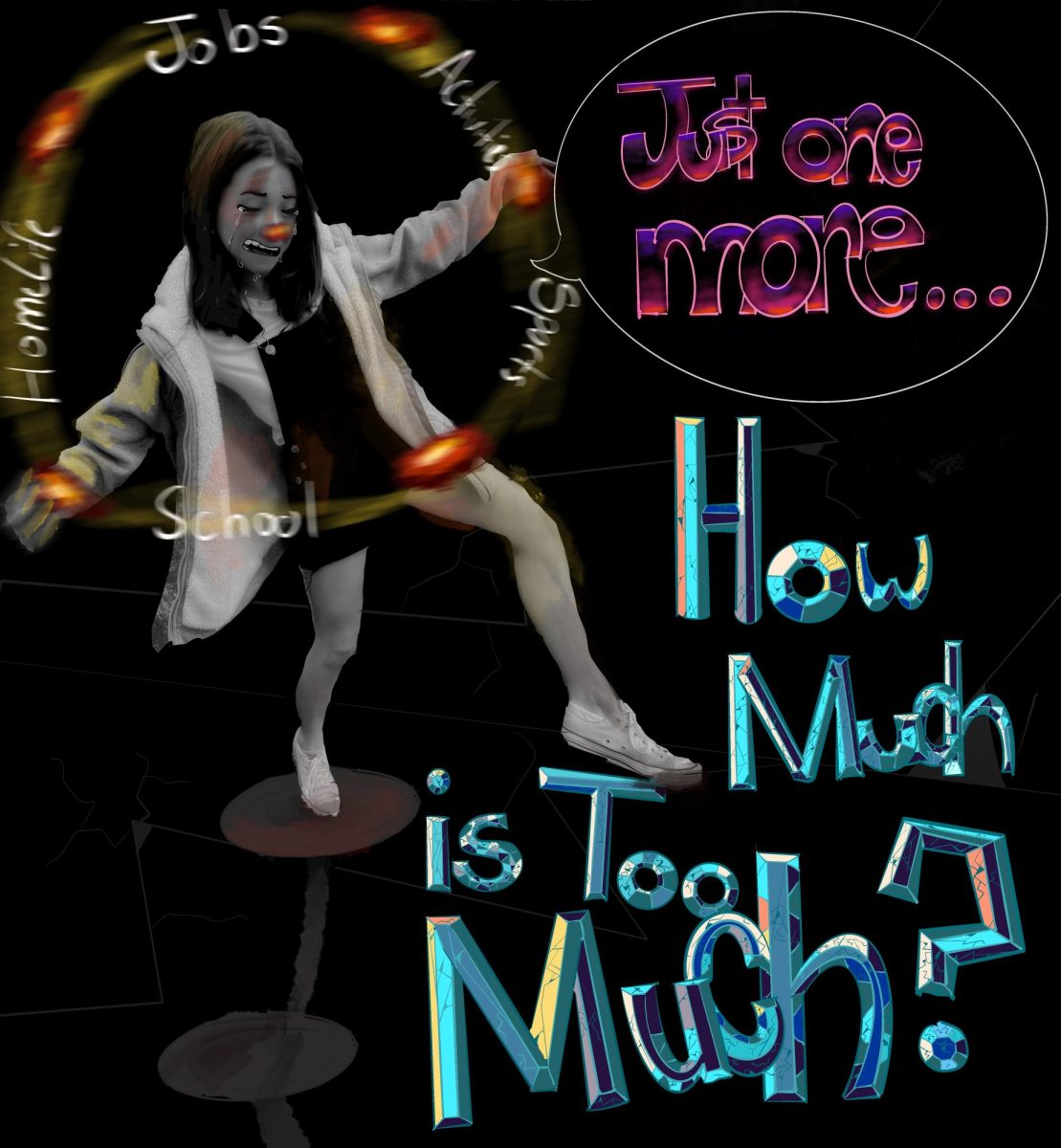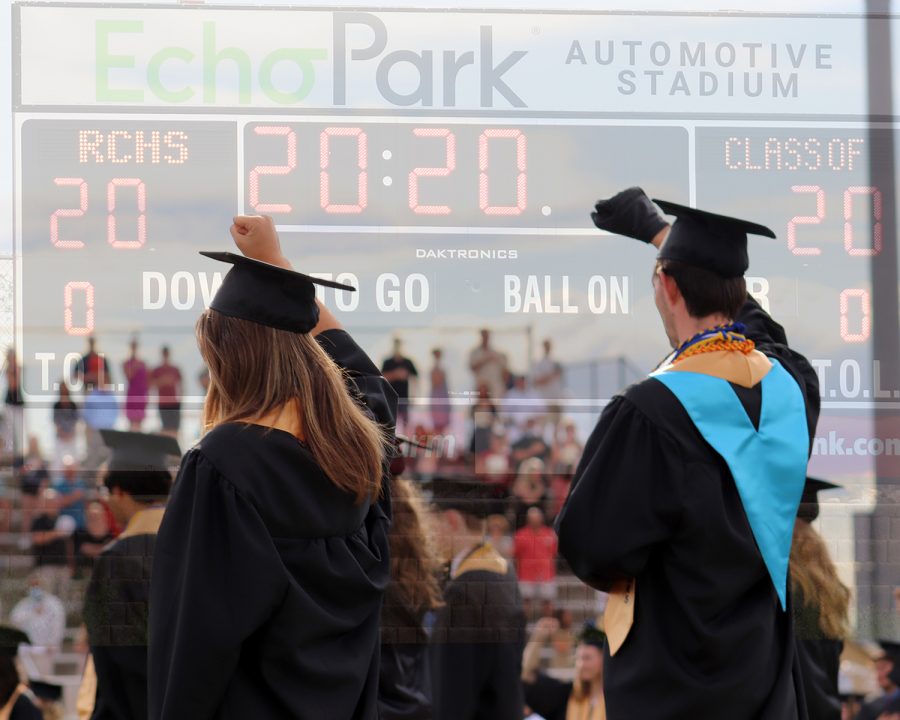Graduation Demonstration: Students Show Solidarity with the Black Lives Matter Movement
A group of graduates decided to take the Black Lives Matter movement closer to home, encouraging fellow graduates to raise their right fist during the national anthem at graduation on June 27.
media by Kira Zizzo
Graduates raise their fists during the national anthem in support of the Black Lives Matter movement during graduation at Echo Park June 27. Dozens of students raised their fists during the graduation ceremony in solidarity to protest police brutality. “As the graduating Class of 2020 at Rock Canyon High School, we say enough. We say enough to silence, discomfort, and ignorance of racism,” the Black Lives Matter Class of 2020 letter of intention said.
July 4, 2020
The setting sun’s golden rays illuminated the raised fists of dozens of seniors on Echo Park’s field. Graduates demonstrated their support for the Black Lives Matter movement June 27 as Reese Cruz’s ‘20 melodic performance of the national anthem engulfed the stadium during graduation.
Following the murder of George Floyd, the Black Lives Matter (BLM) movement, dedicated to combatting violence inflicted on black communities, gained global attention and momentum. Floyd, an unarmed Black man suspected of forging a $20 bill, died after a Minneapolis Police Officer knelt on his neck for eight minutes and 46 seconds May 25. His death inspired protests calling for police reform from Parker, CO to London, UK throughout the month of June.
A group of Rock Canyon seniors decided to demonstrate their support for the BLM movement during graduation, the last place they would all congregate in a public setting. It all started the night before graduation, with a post that circulated social media encouraging fellow graduates to raise their right fist during the national anthem at graduation. Attached to the post was a letter of intent, addressing the community and signed by the Class of 2020, that explains the motives behind this demonstration.
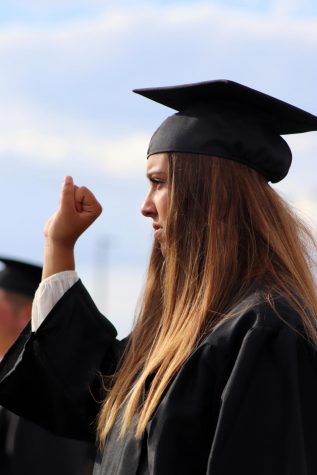
Sage Wheeler ‘20 and Derek Fearon ‘20 were the students behind the post who planned the campaign to show solidarity with those who have suffered under systematic racism and oppression.
“I think that Highlands Ranch is a bubble; it’s very easy to forget or not notice the systematic racism that still exists in other areas of our state and nation,” Wheeler said.
Last year in Aurora, 27-minutes away from Rock Canyon, Elijah McClain, an unarmed Black man, lost his life to the Aurora Police Department after a 911 call reported him looking suspicious as he walked home. Police struggled to handcuff McClain and put him in a carotid hold, restricting blood to the brain and rendering him unconscious. When he was restrained by the police, he vomited several times and apologized. “I’m sorry, I wasn’t trying to do that, I can’t breathe correctly,” McClain said. When paramedics arrived, he was injected with ketamine and went into cardiac arrest on the way to the hospital (New York Times).
“Often, if people are told that something like racism is a problem without being able to see it around them, they get defensive and dig into denial or counterpoints, but when such a show of solidarity inspires thought within people they can come to understand things more sincerely,” Wheeler said.
Wheeler wanted to start a conversation about race at home – to address the idea that Highlands Ranch lives in ‘blissful ignorance.’ According to Washington Post’s school diversity data, Douglas County School District (DCSD) demographics display that this school district is predominantly Caucasian, made up of 77% Caucasian students.
“As young adults entering the workforce and higher education we wanted to display our commitment to speak up and bring attention to the movement, especially amongst the waves of activism we’ve seen these past few months,” Wheeler said.
Student concern surrounded the demonstration, worrying that it would be viewed as disrespectful of armed service members and veterans. Fearon and Wheeler worked to emphasize that this was not their intention. In the fundamental stages of composing this demonstration, students had the idea to sit or kneel. However, out of respect for the military and the National Anthem’s performer, Reese Cruz ‘20, they settled on the plan to raise their right fist, a common method of silent protest among BLM demonstrations.
Cruz performed the national anthem and raised his right fist while onstage. As a member of the LGBTQ+ community, he finds it important to stand up for movements that work to better the lives of those who face oppression.
“It’s important to show support to the BLM movement. It’s important to focus on topics that should’ve been solved in the past,” Cruz said.
Izzy Chavez ‘20 also raised her right fist in support of the BLM movement, as a display of encouragement and strength for those discriminated against. She has faced discrimination due to her ethnicity and decided to use her voice to fight for others.
“I come from a family of color and I know what it’s like to go through discrimination, no one should ever have to go through that. I hope by showing my support and not staying silent, things can change for the better,” Chavez said.
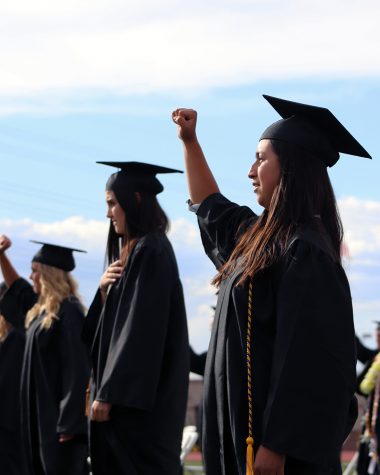
Other students, such as Hope James ’20 acknowledged Highlands Ranch’s “bubble community” and decided to join the movement to bring awareness to racial oppression. James frequently posted about the BLM movement on her social media platforms and was determined to show her support in a physical environment for an amplified impact.
“Although I am white, and this movement isn’t about me, I feel that no matter who you are, you can support the fight to end other’s struggles. Living in a bubble community—where most people can ignore the strife of others due to their own provisions of comfort, such as race, money, etc.—I feel that it it especially important to bring attention to the struggles of those that don’t have such comforts,” James said. “I raised my fist not to disparage those that have fought for our country, but to display my support for the entire groups of people that are marginalized in our country, a country that should stand for the freedom of everyone.”
While some students participated in the demonstration, other graduates decided not to partake, although they support the BLM movement. Aditya Vepa ‘20 agrees that minorities face racism in America, in either large or small capacities. He feels that this discrimination is undeniable and needs to be addressed, but protesting during the national anthem was not the most effective nor appropriate way to bring about change.
“Personally, I feel that the anthem isn’t the best place to protest for change. To me, that’s like protesting against the district during Mr. Abner’s speech, I feel it’s out of place. I completely understand that people aren’t doing this to disrespect the flag, but I personally did not feel that the anthem was the best place to protest for me,” Vepa said. “I believe there’s better ways and better venues to capture attention and draw sympathy for a very good movement without being divisive and being unintentionally offensive to what the flag stands for and what it cost to get it. I also feel that even though a protest at our graduation is a good start, it has little meaningful impact on its own, and we have to do more to raise awareness for the BLM movement in a more appropriate way.”
Matt Deckerman ‘20 learned about this demonstration a day prior to the graduation ceremony and like Vepa, he shared a similar sentiment, deciding not to raise his fist because he did not want to disrespect those who have fought for America’s freedoms and put their lives on the line for this country’s safety.
“I do believe police misconduct shouldn’t be tolerated in the US— being an officer of the law doesn’t put you above the law. My thoughts on the gesture is that it is disrespectful to people who served in the armed forces, our law enforcement, and the nation as a whole. I understand that in the letter of intention it was made clear that the gesture was not “aimed to disrespect members and veterans of our armed forces.” Even though the intent wasn’t to disrespect members and veterans of the armed forces, I think it would be perceived as disrespectful towards them,” Deckerman said. “In addition to that, it is disrespectful towards our law enforcement—the people protect us and our rights— and towards the nation that has literally given me every opportunity I could have dreamed of. For these reasons, I did not raise my fist, and to paraphrase my father, I put my right hand where it belonged, over my heart.”
The night before the graduation ceremony, Deckerman anxiously contemplated his options. He felt pressure to raise his fist as to not be viewed negatively by his peers who planned to take part in this demonstration, but Deckerman was worried that raising his fist during the national anthem would be disrespectful to the sacrifices made by those in law enforcement and the armed forces. Two of his close friends were unable to attend the graduation ceremony due to their choice to enroll in the United States Air Force Academy. Deckerman was conflicted, but made the decision that he believed best represented his respect for the people fighting for America’s freedoms.
“I felt like part of the minority, wanting to respect my country. On everyone’s social media’s was the same post about raising up a fist. I felt scared, what would people think of me, what will people do to me? I thought that if people saw me putting my hand over my heart, then they would think of me as an ignorant racist who has so much privilege that I am blinded to problems in the US,” Deckerman said. I am glad that young people are politically involved and have desire to change the problems we witness, but to paraphrase my friend’s dad who served in the armed forces: it’s our right to protest, but people don’t understand everything that goes on to defend the constitution and thus, our right to protest.”
Vepa and Deckerman both decided not to take part in this silent protest because they did not want activism to be mistaken for disrespect. The decision to have this demonstration take place during the national anthem was controversial and not every graduate felt that this was the right time or place to protest.
“Of course, there were students that disagreed with [protesting] at graduation, but I was very pleased to see how many people spread the word beforehand and then participated during the ceremony, especially as we didn’t know whether we would face backlash from the administration,” Wheeler said. “I’m proud that so many students put those fears aside to participate in a demonstration that they believed in.”
Rock Canyon was DCSD’s last school to graduate in 2020, but there is no record of the national anthem or demonstration on the DCSD graduation live stream, although nearly every other school’s performance of the national anthem was recorded.
“This is our students’ 1st Amendment right to do this demonstration and as Principal of RCHS, I am not going to do anything that would ever interfere with students’ rights. It is important to me that all student groups would have their rights respected and that they would be able to demonstrate those rights peacefully,” Principal Andy Abner said. “We are counting on our current students to lead our community, nation, and world forward to be a better place for everyone. I applaud students who take an active role in the world around them to make it a better place for everyone.”
Although most of the administration learned of this demonstration prior to the ceremony, they decided not to infringe on student rights. Tinker v. Des Moines was a Supreme Court ruling that solidified students’ rights to free speech in 1969. Mary Beth Tinker and a group of her peers wore black armbands to protest the war in Vietnam. They were asked to remove their armbands and when they refused to do so, these students were suspended until they agreed to comply. They returned, wearing black clothing in protest, and subsequently filed a First Amendment lawsuit. Eventually, with a ruling of 7-2, the court agreed that students do not “shed their constitutional rights to freedom of speech or expression at the schoolhouse gate.”
“As this has certainly been an area of debate, nationally as well as locally, I think it is extremely important for students to feel convicted about their own rights, in addition to helping protect the rights of all people. As our graduation came right in the midst of a national outcry against racism, the students I have spoken to about the protest after graduation wanted to contribute their thoughts on BLM in a way that was safe and respectful,” English Teacher Kate Herrin said. “The difficulty we have experienced in the past is feeling that we have a ‘safe’ platform to express our beliefs…I am always proud of students who find ways to respectfully share their views, opinions, and voices without using violence or aggression to make their voices heard.”
When dozens of students raised their bare fists, Wheeler wore a black glove, alluding to the Black Power Salute from John Carlos and Tommie Smith in the 1968 Olympics. Graduates who participated in this demonstration shared the mission to encourage education and understanding of the entrenched history of racism that traces back to America’s roots. This silent protest aimed to bring awareness to racial injustices and highlight the continued presence of racism for a few moments.
“Let this small show of solidarity symbolize not only our continued advocacy for people of color and against systemic racism, but also the Rock Canyon feeder area’s commitment to become advocates for change and anti-racism,” the Black Lives Matter Class of 2020 letter of intention said.

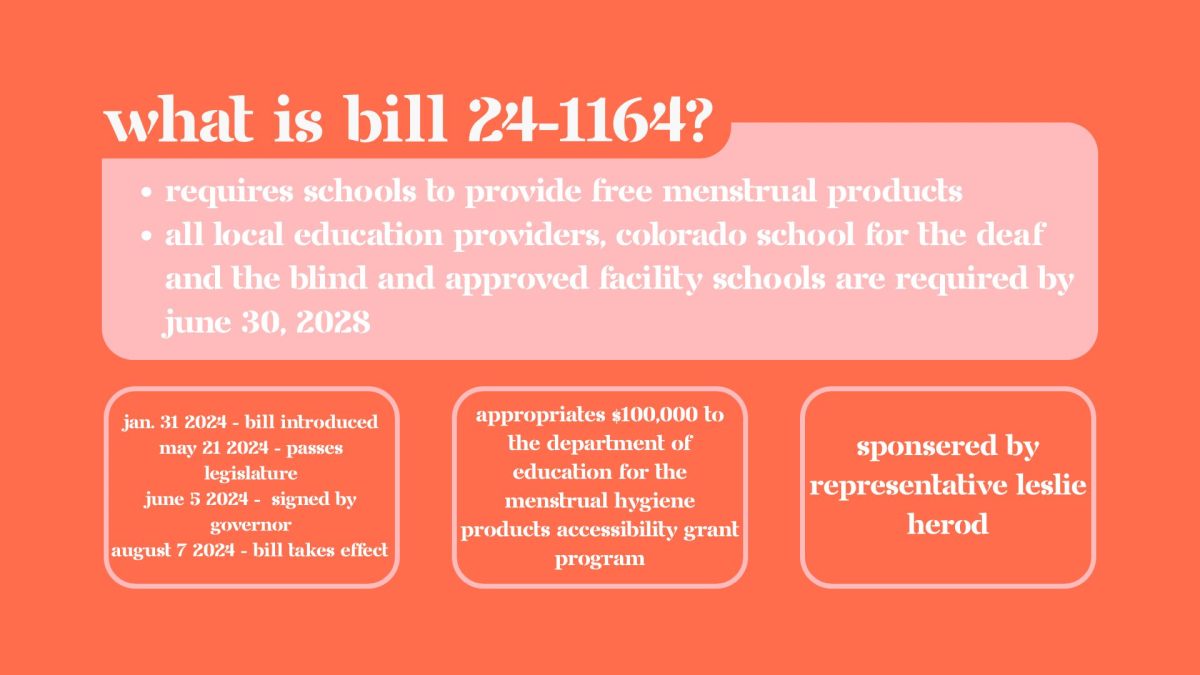

![Minutes before the Activities Fair in the gym, president Abhi Gowda ‘26 prepares the stall for his club Helping Hands, Sept. 4. A relatively new club, Helping Hands was co-started by Gowda and focuses on assisting the homeless, and just last year they succeeded in raising a couple hundred donations to send to shelters. This year, they have goals to expand, with hopes to increase volunteer opportunities and take in-person trips to shelters, as well as extend their help beyond just homeless people. “The Activities Fair gives a lot of underclassmen the opportunity to really get to know the Canyon culture, and it gives them many opportunities for service and volunteering,” Gowda said. “[Through the Activities Fair,] I hope to find a bunch of new and passionate members about our club and just get our name out there and spread awareness to the cause that we’re fighting for.”](https://rockmediaonline.org/wp-content/uploads/2025/09/1-2-1200x885.jpg)
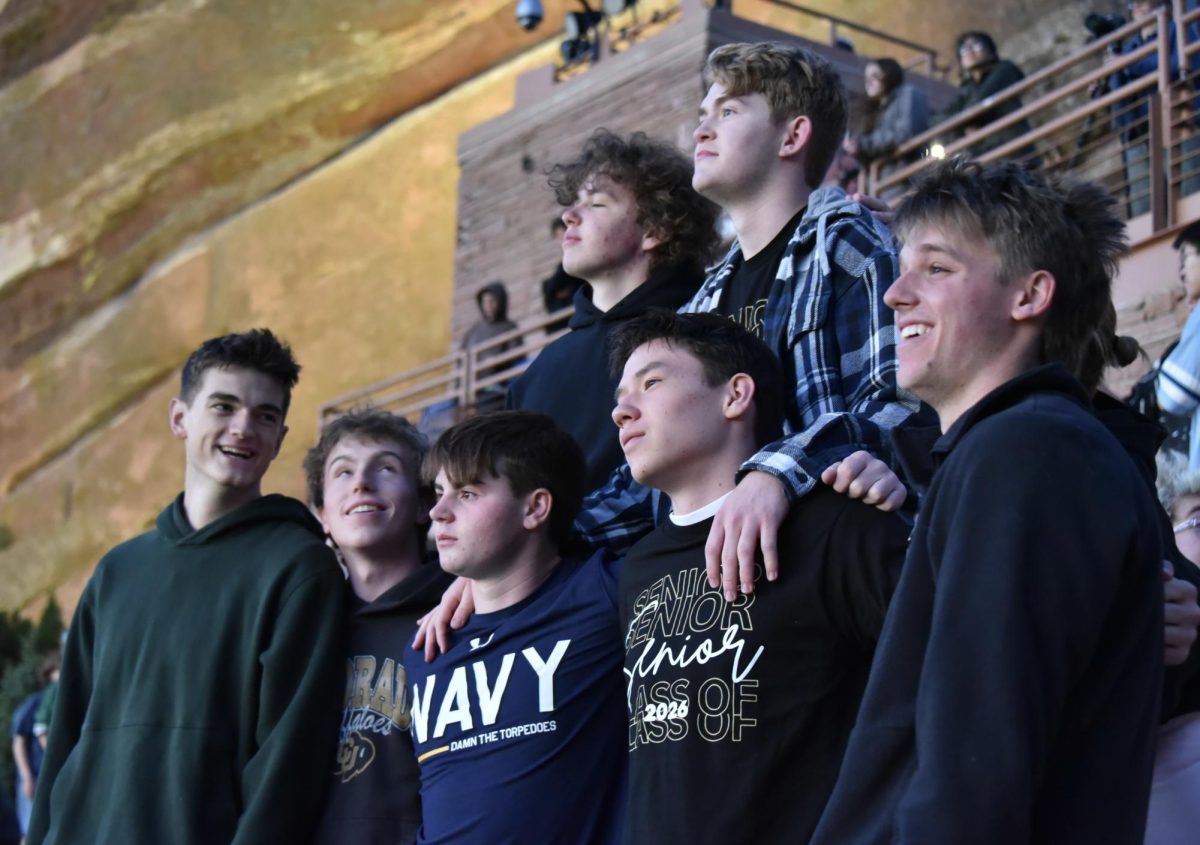
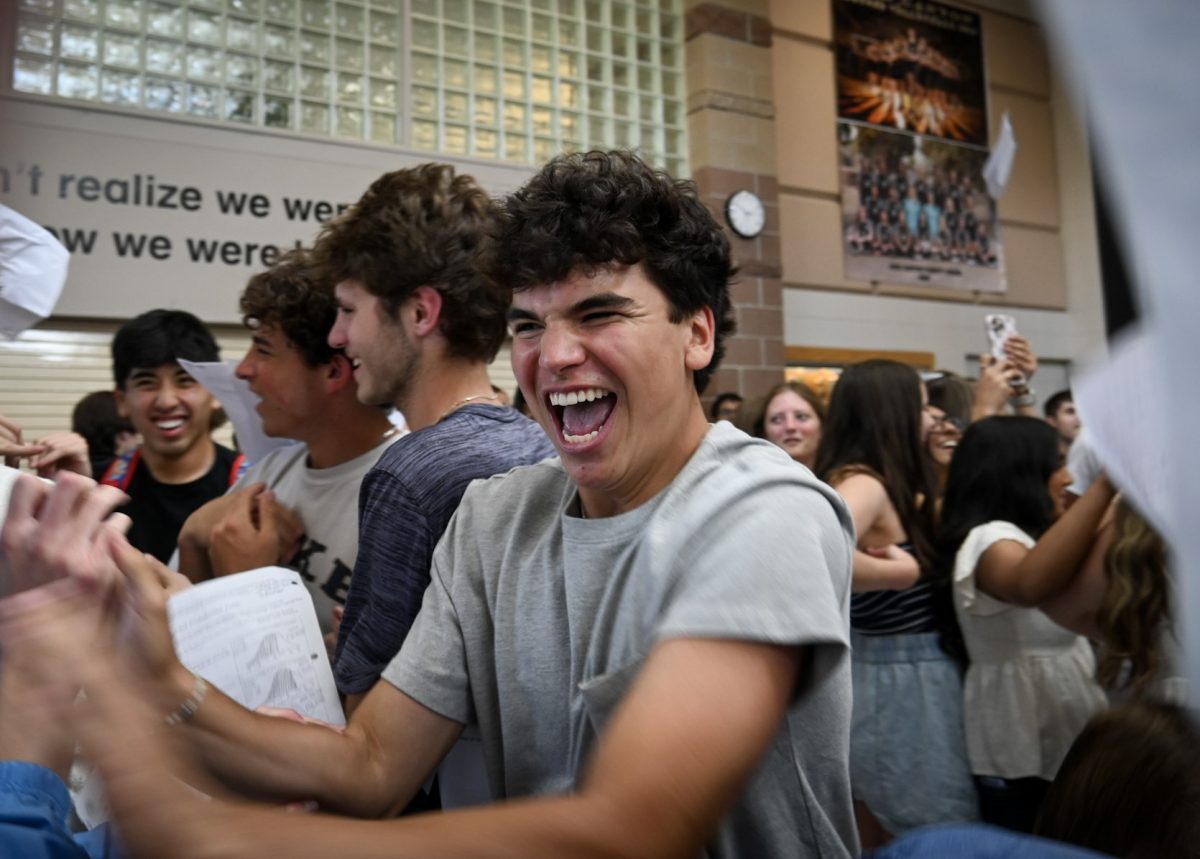

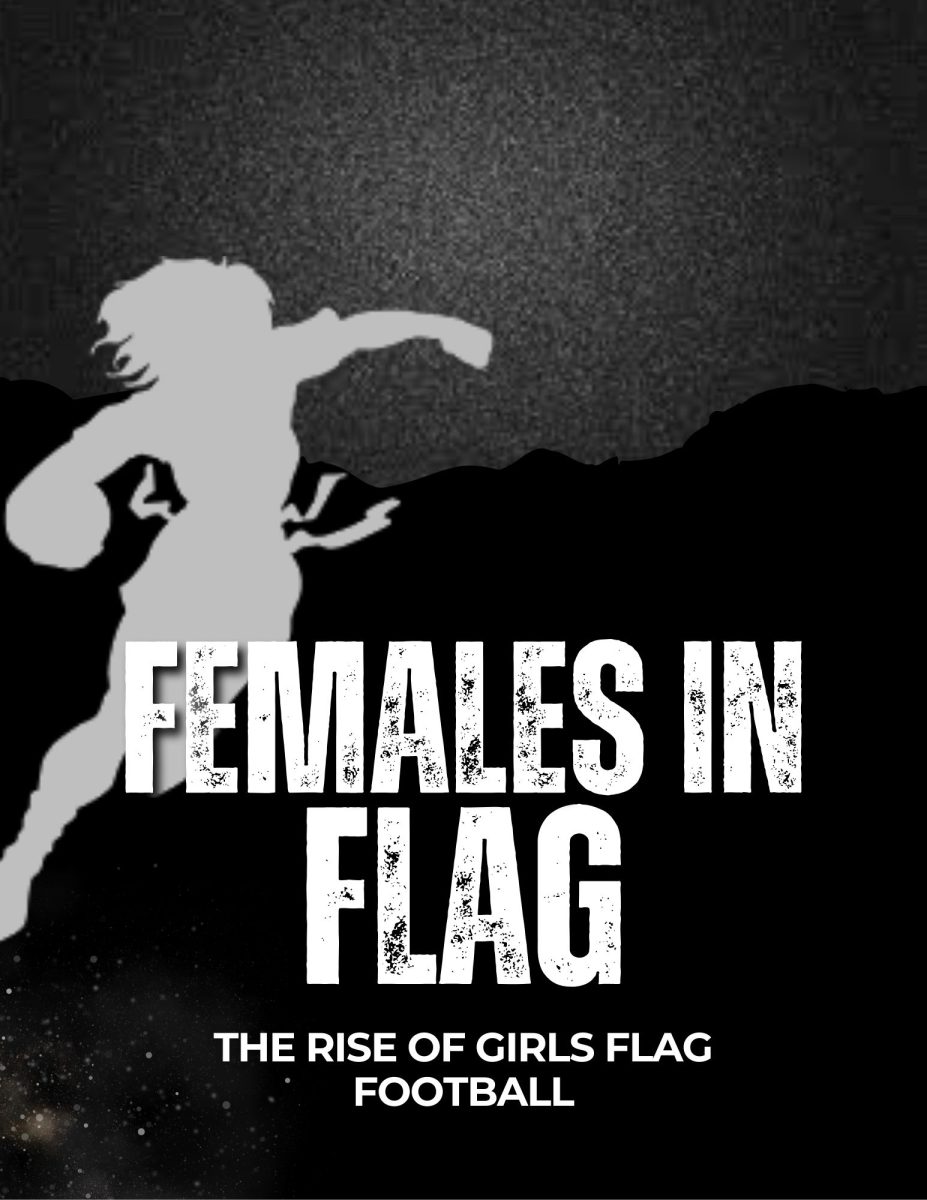
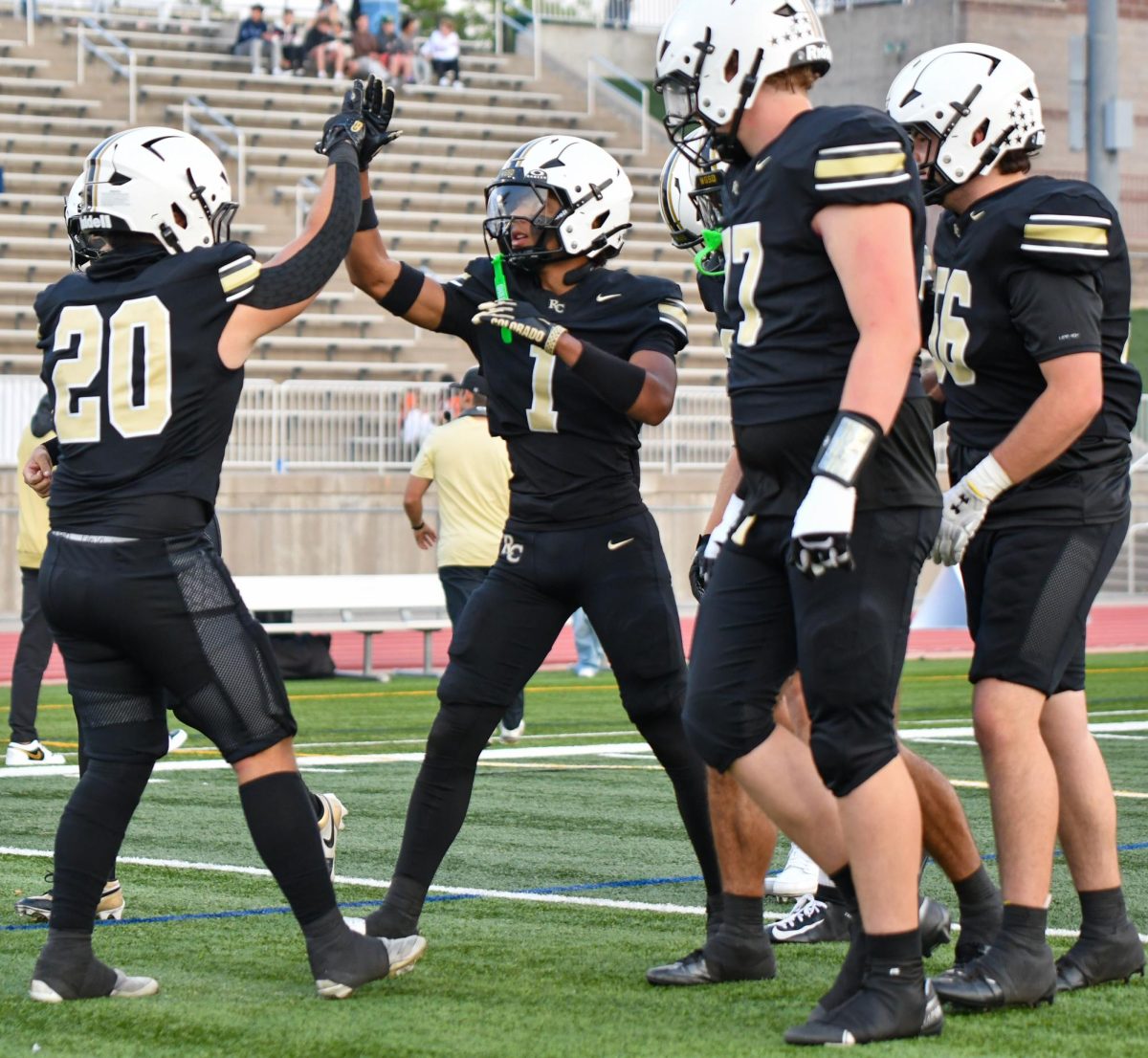
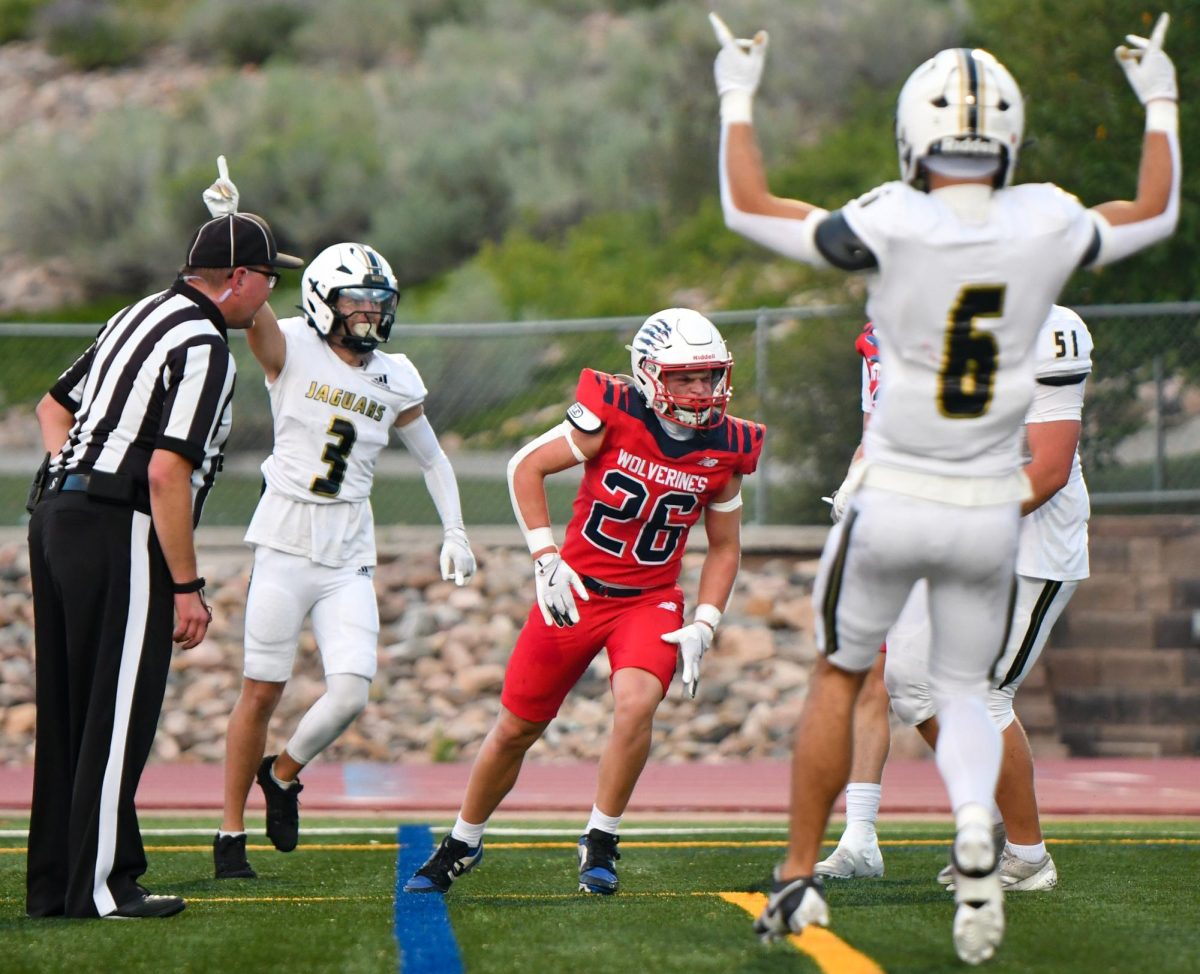

![The winter guard team makes fifth place at the state championship finals in the Denver Coliseum, March 30. The team performed to Barnes Country's “Glitter and Gold,” lead by coaches Margo Sanford, Blair Bickerton and Anna Orgren. In their class there were a total of nine groups participating, and the top five who made it to finals received a plaque. “[Walking onto the stage] is very nerve-wracking, but also very exciting as well. When you first start color guard there's a lot of anxiety and uncertainty when you first perform in front of an audience, but once you've done it for a while, it starts to become the best part of the season,” Ella West ‘25 said. “It's very fulfilling to see an audience react to something you've put your heart and soul into.”](https://rockmediaonline.org/wp-content/uploads/2025/04/Both-socal-media-nd-website-main-1-1200x846.jpg)
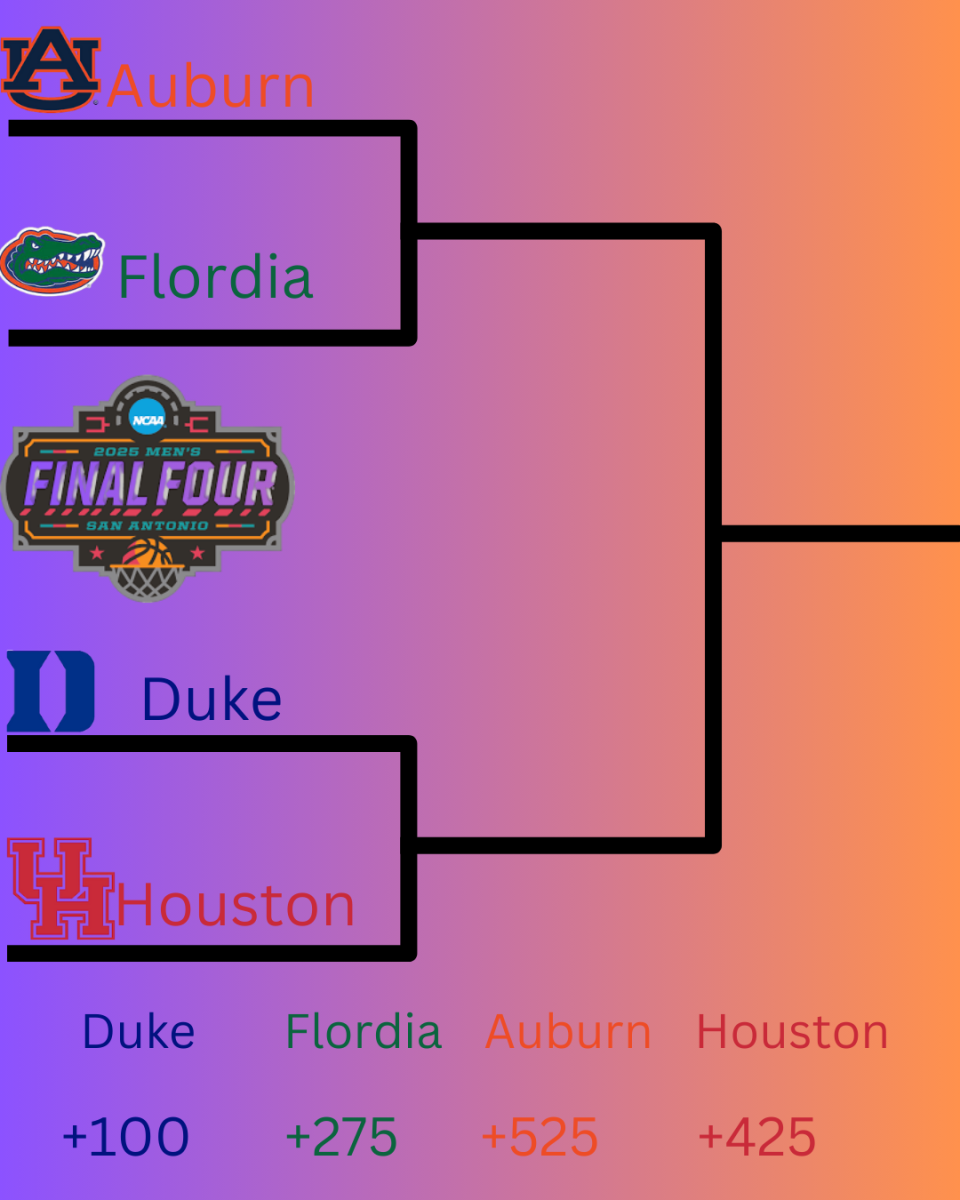

![April marks the 25th anniversary of Sexual Assault Awareness Month, created by the National Sexual Violence Resource Center (NSVRC). This month is to spread awareness of the harassment, assault and abuse that happens around the world. The symbol that represented the month was a teal ribbon; however, some survivors of assault create different symbols and movements like the TikTok trend in 2022, where survivors would tattoo Medusa on their body, in honor of her backstory in Greek Mythology. “I don't think [this month is known] at all. I rarely see anybody talk about it. I rarely see much of an emphasis on posting it online, or much discussion about it, and I feel like there needs to be way more discussion,” an anonymous source said. “I think just validating every experience that a person has gone through, regardless of the degree of it, the severity, is an essential step into making sure that people are aware that this is a very real problem in a society and that we need to do better in addressing it.”](https://rockmediaonline.org/wp-content/uploads/2025/04/IMG_0011-1200x900.jpg)


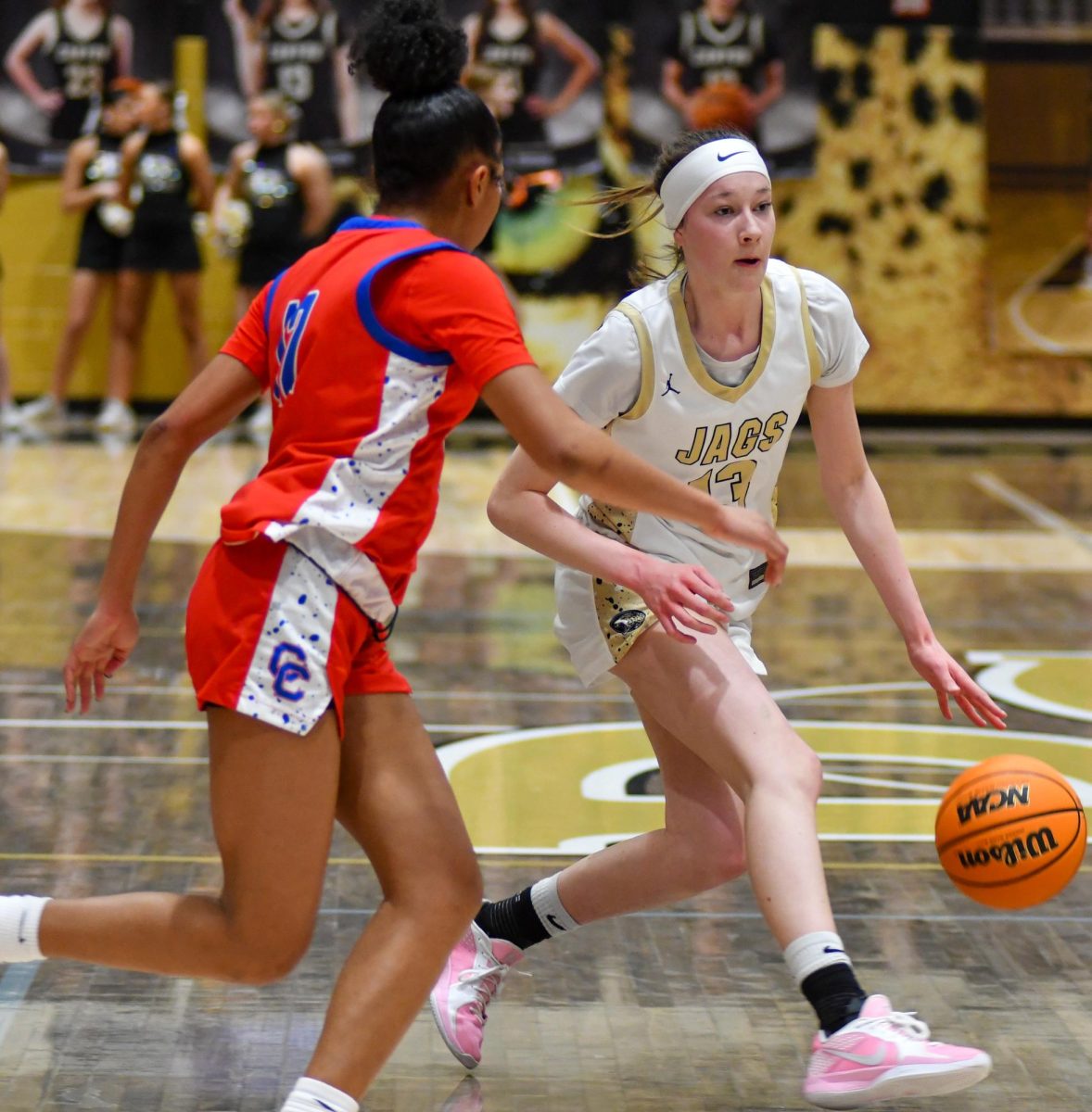
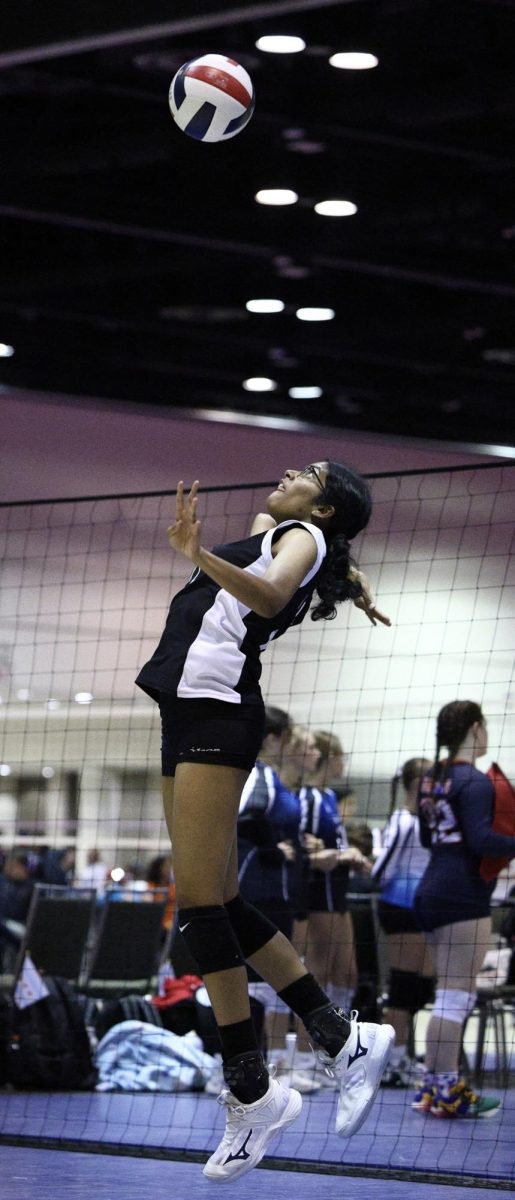
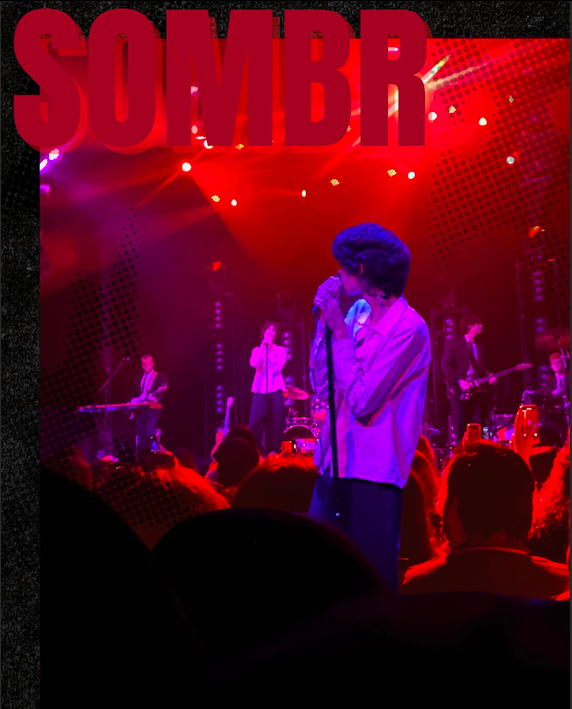




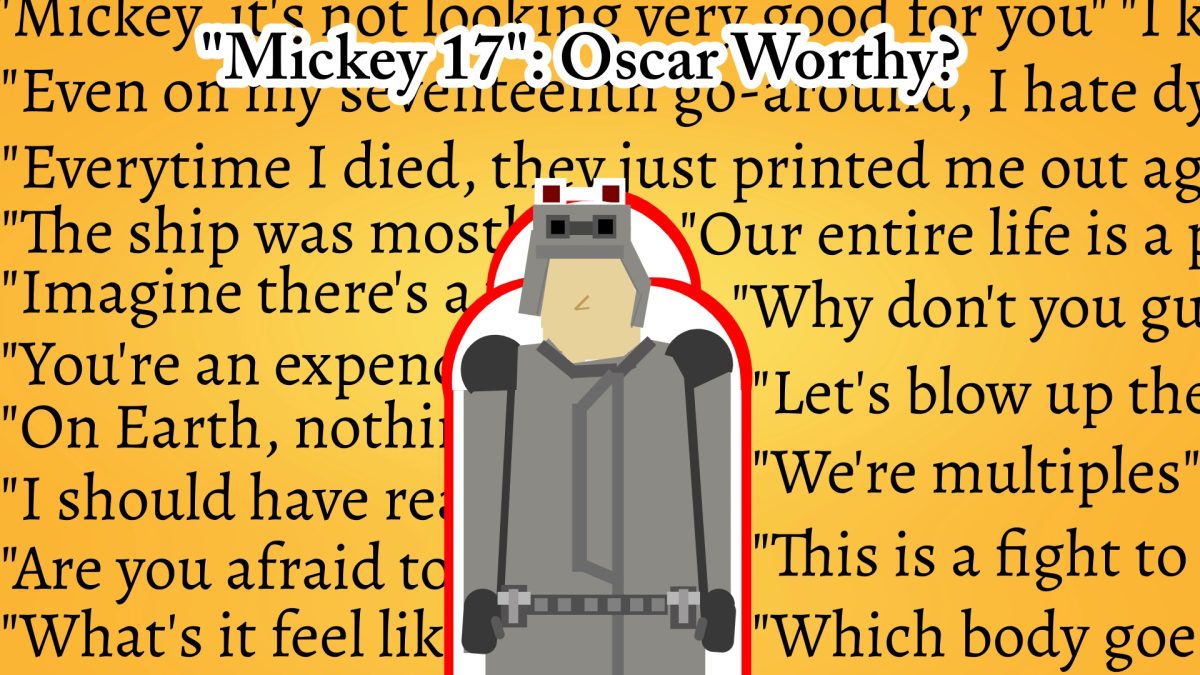

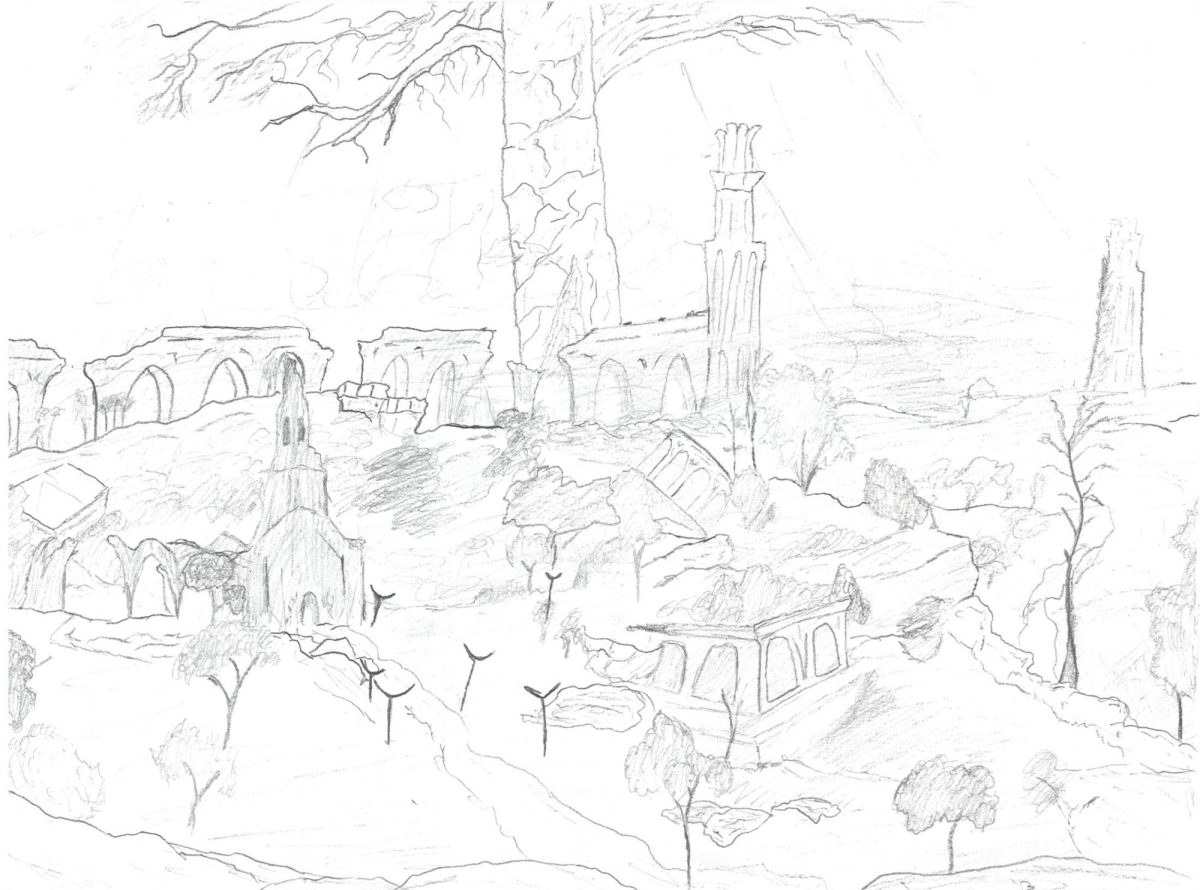
![Lesbian Visibility Day is April 26, and it’s a holiday to celebrate the lesbian community of the world. Lesbian Visibility day was established in 2008 by many queer activists and organizations who sought to raise more awareness for lesbian history and culture. “So this is why during Lesbian Visibility [Day] we celebrate and center all lesbians, both cis and trans, while also showing solidarity with all LGBTQ+ women and nonbinary people,” Linda Reily, in an article written by her, said.](https://rockmediaonline.org/wp-content/uploads/2025/04/Lesbian-Visibility-day.jpeg)
